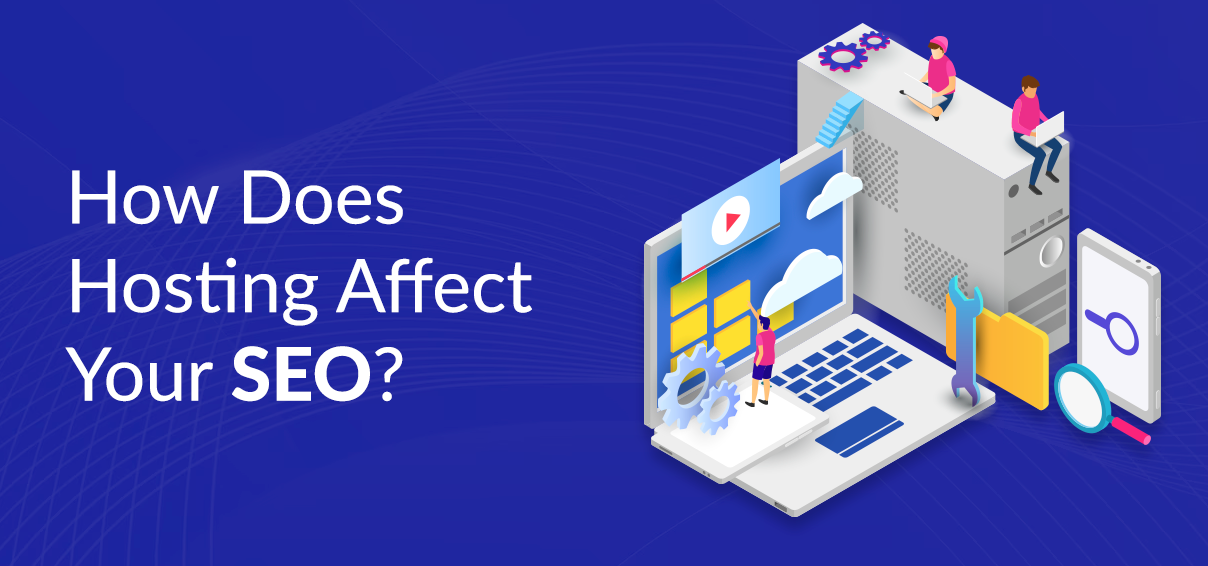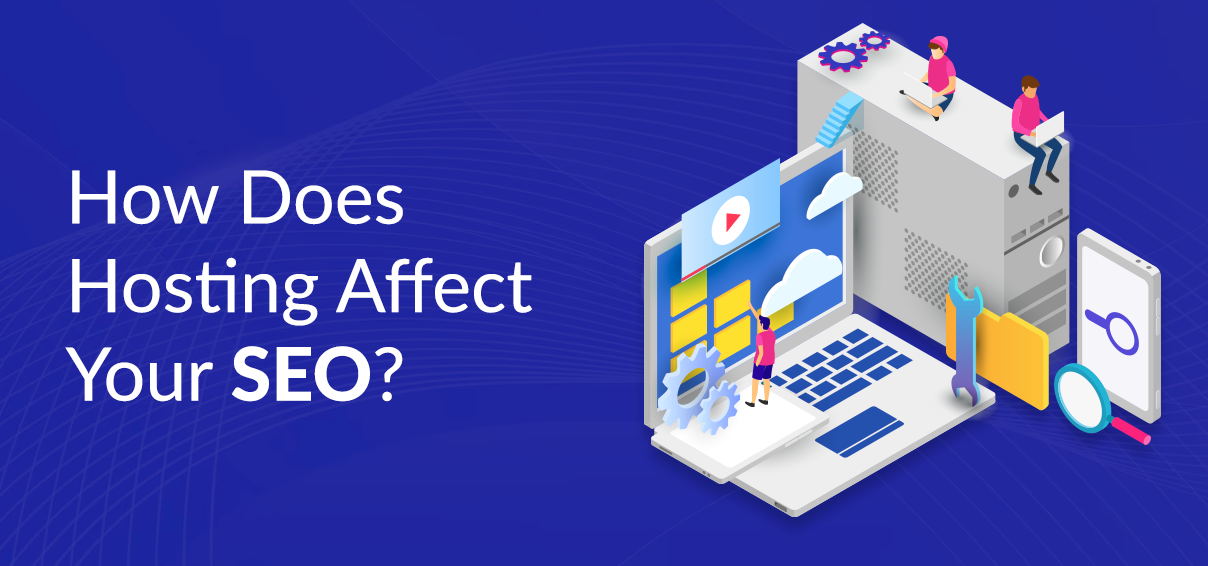How Web Hosting Affects SEO Rankings
While SEO strategies often focus on content, backlinks, and keyword optimization, your web hosting provider can play a crucial role in determining how well your website ranks on search engines. The quality of your hosting directly affects several ranking factors such as website speed, uptime, security, and user experience—each of which is key to improving your SEO performance.
In this article, we explore the different ways web hosting impacts SEO and why it’s important to choose the right hosting provider for your website’s success.
1. Site Speed and SEO
Website speed is one of the most important factors influencing SEO rankings. Google has explicitly stated that page speed is a ranking factor, meaning that slow-loading websites are penalized in search results. Web hosting affects how quickly your website loads, making it a crucial aspect of SEO.
How Hosting Affects Site Speed:
- Server Quality: The performance of the server hosting your site has a direct impact on speed. Shared hosting, where multiple sites share resources, can result in slower load times compared to dedicated or VPS hosting, where resources are allocated specifically for your site.
- Content Delivery Network (CDN): Some hosting providers offer integrated CDNs, which can distribute your content across multiple servers worldwide. This reduces latency and speeds up load times for users from different geographic locations, improving both user experience and SEO.
2. Uptime and Reliability
Uptime refers to the amount of time your website is accessible online without interruptions. Search engines like Google take website availability into account when ranking websites. A website that experiences frequent downtime is seen as unreliable, which could harm its SEO performance.

How Hosting Affects Uptime:
- Server Reliability: Reputable hosting providers typically offer uptime guarantees of 99.9% or higher. Websites that experience frequent outages are likely to see a drop in search engine rankings as search engines favor sites that are consistently available.
- Negative Impact on SEO: If search engines cannot access your site due to frequent downtime, they may not index your pages or could reduce your ranking in search results.
3. Security and SEO
Security is another important factor in SEO. Websites that are not secure are at risk of being hacked, which can result in data breaches and downtime. Google and other search engines now prioritize secure websites, particularly those with HTTPS encryption, in their rankings.
How Hosting Affects Security:
- SSL Certificates: Hosting providers often offer SSL certificates, which allow you to switch from HTTP to HTTPS. Google has confirmed that HTTPS is a ranking factor, and websites without it are less likely to rank well in search results.
- DDoS Protection and Firewalls: Reliable hosting providers offer robust security features such as firewalls, DDoS protection, and regular backups. These protect your website from cyberattacks and minimize the risk of prolonged downtime that could harm your SEO.
4. Server Location and Local SEO
The physical location of your server can impact your website’s SEO, especially if you are targeting a specific geographical region. Hosting your website on a server that is close to your target audience can improve both site speed and local SEO rankings.
How Hosting Affects Server Location:
- Faster Loading Times: A server located closer to your target audience can help reduce latency and improve loading times. This is especially important for local SEO, as search engines consider loading speed a ranking factor.
- Local Search Engine Rankings: Hosting your site in the same country or region as your target audience can help improve local SEO rankings. Search engines may use the server’s location as a signal to determine the relevance of your content for local search results.
5. Mobile Optimization and Hosting
Google uses mobile-first indexing, meaning it primarily looks at the mobile version of your website when determining rankings. Web hosting can impact mobile performance, particularly in terms of speed and server response time.
How Hosting Affects Mobile SEO:
- Mobile-Friendly Hosting: Some web hosting providers offer features that specifically enhance mobile performance, such as responsive design or mobile-optimized servers.
- Server Response Time: A fast server response time can improve mobile load times, which is a ranking factor for mobile-first indexing.
6. Choosing the Right Hosting for SEO
The quality of your hosting provider can make or break your SEO efforts. When choosing a hosting provider, consider the following factors to ensure your website is optimized for search engines:
SEO-Friendly Hosting Features:
- Performance: Opt for a hosting provider that offers fast and reliable servers. VPS or dedicated hosting are ideal for sites that require higher performance.
- Uptime Guarantee: Choose a hosting provider with a solid uptime track record to ensure your site remains available and accessible to users and search engines.
- Security Features: Ensure the hosting provider offers SSL certificates, regular security updates, and backups to protect your website and improve your rankings.
- Scalability: As your website grows, your hosting needs may change. Choose a hosting provider that offers scalability to accommodate increased traffic and resource requirements.
- Customer Support: A responsive customer support team can help resolve hosting issues quickly, minimizing any potential downtime or performance issues that could hurt your SEO.
Conclusion
Web hosting is a critical component of SEO that often goes overlooked. From site speed and uptime to security and server location, the quality of your hosting provider directly influences your website’s search engine rankings. By selecting the right hosting plan and provider, you can improve your website’s performance, enhance user experience, and increase your chances of ranking higher in search results.
Remember, SEO is a holistic effort, and web hosting is a key part of the puzzle. Choose a hosting provider that aligns with your SEO goals to ensure long-term success in search engine rankings.



